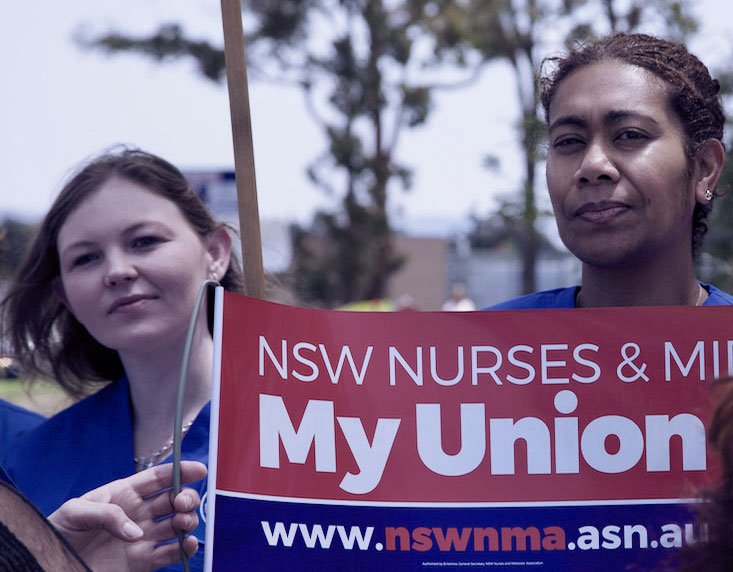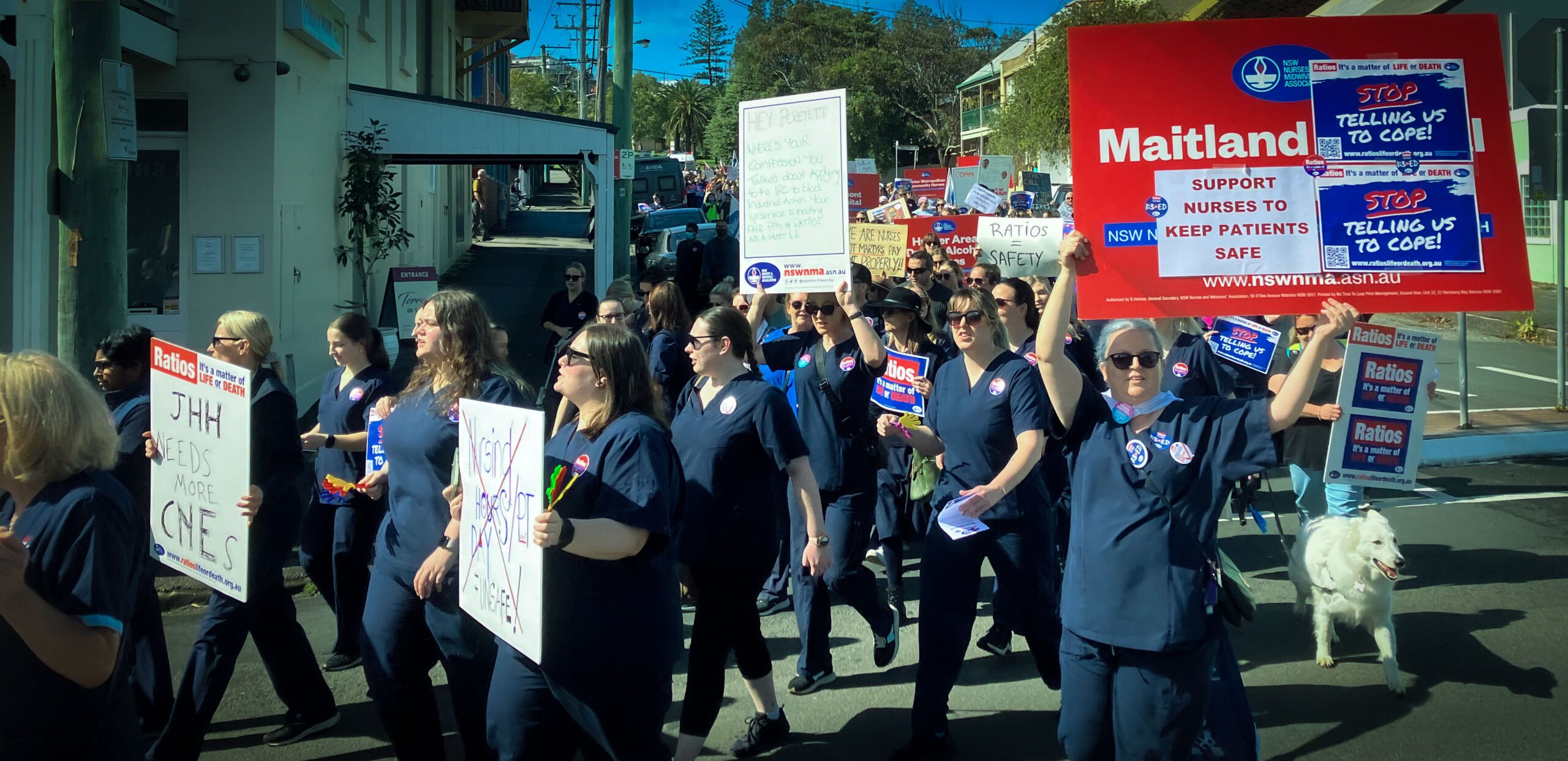New research has provided further confirmation that people in casual and other forms of insecure work are less financially comfortable and more stressed than those in full-time or permanent employment, the ACTU has said.
The latest ME Bank Household Financial Comfort Report, released Monday 11 February, showed that Australian households are struggling to put money aside to save after paying for necessities each month.
ACTU President Ged Kearney said the report highlighted the difference in financial security between households with permanent full-time work and the rest of the population.
“The report shows that households relying on casual work feel less financially secure than those with permanent full-time work.”
“This is not a surprise when these households do not know what their income will be from one week to the next and are not able to get sick leave or carer’s leave in an emergency.
“The ACTU wants all political parties to tackle the rise in insecure work and is pushing for an entitlement portability scheme which would extend these entitlements to casual and short-term workers.”
Ms Kearney said that 40 percent of Australians were in some form of insecure work, such as casual, short-term contracts or labour hire. A quarter of the workforce does not have access to annual leave, sick leave and carers leave.
While the majority of households are either “somewhat” or “very comfortable” with their monthly expenses, the report showed a slight drop in overall comfort levels, particularly among families with children.
It also found that household spending was shifting to essential items and that Australians were using low interest rates to pay off debt, rather than borrow.
“It is a major concern that 52 percent of households are struggling to save and have no cash left over at the end of a typical month,” Ms Kearney said.
“While the economy is strong in some areas, there are still a lot of workers who are struggling.”
Ms Kearney said the report found that “the gap appears to be widening between households with higher and lower comfort.”
“This is another sign that inequality is on the rise in Australia,” Ms Kearney said.
Media Contact: Ben Ruse 0409 510 879







